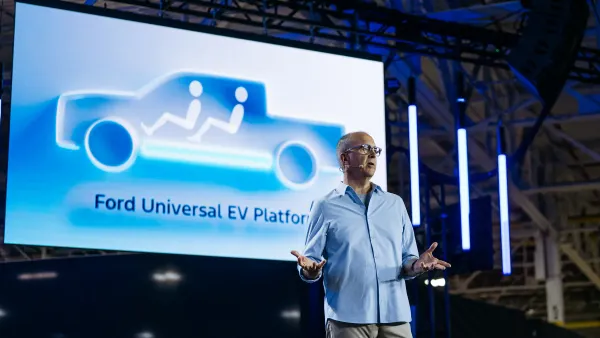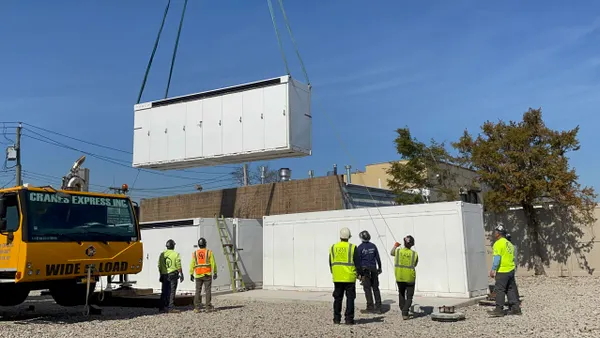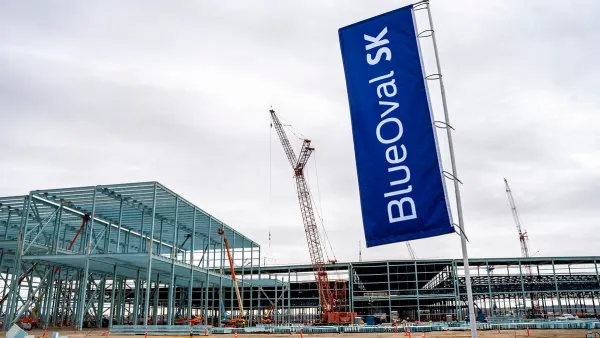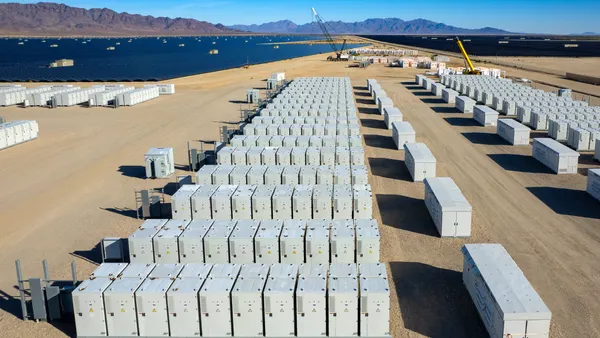UPDATE July 23, 2019: The brief has been updated with comments from IronOak Energy Capital's Chris Wedding.
Dive Brief:
- Tesla on Wednesday said the deployment of its energy storage systems — Powerwall and Powerpack — grew by 81% to a company record of 415 MWh during the second quarter of 2019, compared to Q1.
- Powerwalls are now installed at more than 50,000 sites, Tesla said in its Q2 earnings statement. The California-based electric vehicle manufacturer and energy company said additional cell supply combined with a new module line led to an increase in energy storage production.
- Tesla said it generated $368.2 million in revenues from its energy generation, i.e. solar and storage, business during the most recent quarter, up from $324.6 million during Q1.
Dive Insight:
Tesla's energy storage production was affected by battery supply constrains last year after the company decided to use all available Gigafactory 1 cell capacity to supply its Model 3 electric vehicle during the second half of 2018. Despite this constraint, Tesla nearly tripled its energy storage deployments to 1.04 GWh in 2018 compared to 358 MWh deployed in 2017.
"With a better supply of cells and new manufacturing equipment, we are aiming to more than double energy storage deployments to over 2 GWh in 2019," Tesla said in its 2018 full-year financial statement.
Energy generation and storage combined represents only about 7% of Tesla's EV revenue, which was $5.37 billion during the second quarter.
After lifting some of the supply constraints, Tesla was able to grow its energy storage production by roughly 30% during the first quarter of this year, according to the company's Q1 earnings statement. Tesla said it deployed a total of 229 MWh of storage during the first three months of 2019.
"While the increase in Powerwall sales is good news, it is unclear if Tesla's storage business is driven by availability of batteries or if there is a demand surge for residential energy storage," Raj Prabhu, CEO of Mercom Capital Group, told Utility Dive.
The U.S. energy storage market is expected to reach an estimated $4.8 billion in value by 2028, according to the latest Wood Mackenzie U.S. Energy Storage Monitor, but Tesla also sees growth opportunities in Australia and Europe as well.
Australia and Europe are two regions "where electricity rates are high and solar panels combined with Powerwall units will help reduce electricity bills," the company said.
Last month, BloombergNEF said solar, wind and batteries will attract more than $10 trillion in new investment between now and 2050.
"Whether it's Tesla on the storage side or lots of other storage players, we're just in the first inning," Chris Wedding, managing director of IronOak Energy Capital, told Utility Dive. "There are lots more ways to to win."
During Q2 2019, Tesla reported that the gross margin of its energy generation and storage business improved to around 12%, up from 2.4% in Q1. The improved profitability of Tesla's energy storage business more than offset the reduction in solar retrofit deployments, which fell to 29 MW between April and June this year.
Even though Tesla remains primarily focused on increasing EV output, the company on Monday introduced a new energy storage product — a new Megapack specifically designed for utility-scale projects.
Using Megapack, Tesla can deploy an emissions-free 250 MW, 1 GWh power plant in less than three months on a three-acre footprint — four times faster than a traditional fossil fuel power plant of that size, a company spokesperson said.
"We remain focused on growth for our energy storage products, and achieved a quarterly deployment record in the second quarter of 2019," Tesla said in its most recent 10-Q filing with the U.S. Securities and Exchange Commission.
"All storage companies, all retail companies, I think, benefit from the great marketing and sales that Tesla does, which is partly why it really needs to survive," Wedding said. "We really don't need a SunEdison repeat," he added, referencing the clean energy developer's 2016 bankruptcy. SunEdison emerged from Chapter 11 proceedings in 2018.
"We need [Tesla] to win," he said. "There's kind of too much riding on them. I think it would really have a broader negative sector impact."
CORRECTION: A previous version of this article misidentified the company where Chris Wedding works. He is managing director of IronOak Energy Capital.













